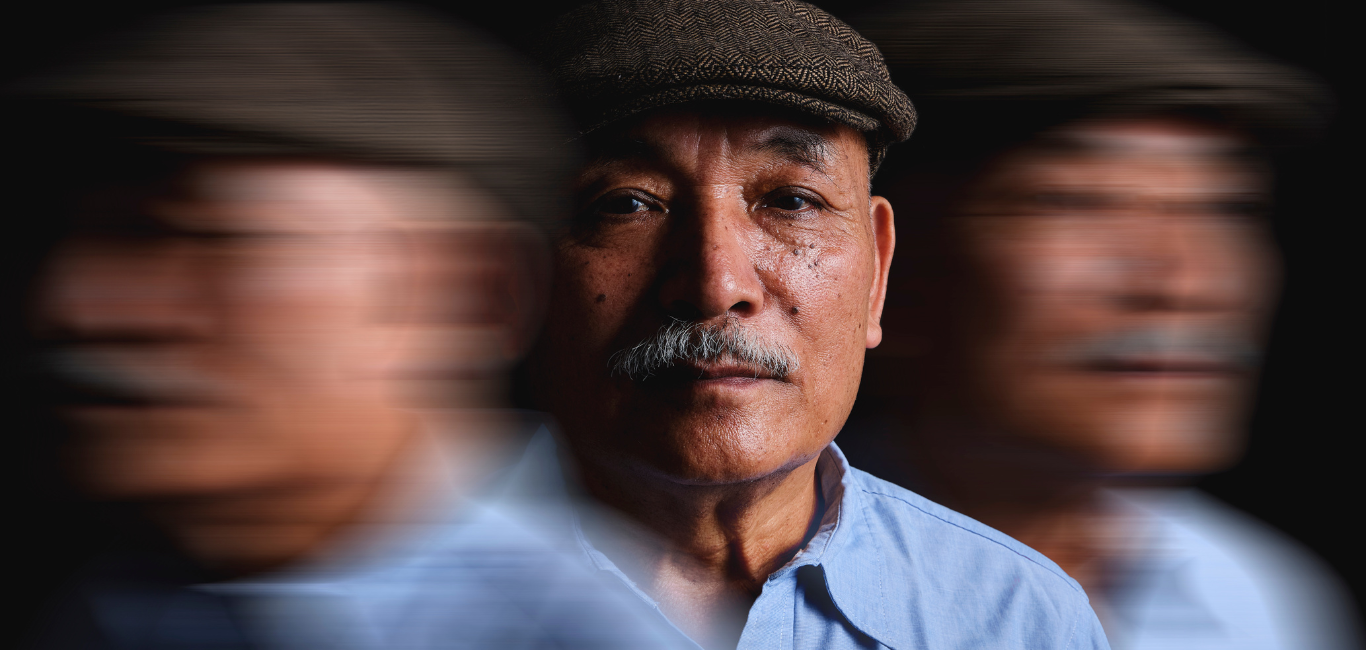
Globally, the ageing population is increasing, and along with it, the prevalence of dementia among elderly people is also on the rise.
Read more: Dementia: a look into cognitive decline
The rising numbers make it necessary for a coordinated approach to provide quality care, support and services to individuals living with dementia and their families.
Medical research and the healthcare sector have yet to adequately explore and understand the complexities of the condition in order to come up with suitable treatment strategies. Putting policies in place can channelise the resources needed to address the neurodegenerative condition, its issues and the stigma attached to it in society.
Twin cheers
On World Alzheimer’s Day, 21 September 2023, two developments that took place at an event in Bengaluru brought some hope and cheer to the affected people and their respective families.
Karnataka minister for health and family welfare Dinesh Gundu Rao declared dementia a public health priority in the state. He was speaking at an event organised by the National Institute of Mental Health and Neurosciences (NIMHANS), Bengaluru, in association with the Dementia India Alliance (DIA).
An action plan of hope
NIMHANS director Dr Pratima Murthy and DIA presented a draft — Karnataka State Dementia Action Plan — that will address issues nagging the approach to dementia and treatment of people having the neurodegenerative condition.
Mr Gundu Rao said the state would have dementia as a focus area of public health. “We will include screening for this neurodegenerative disease under our Gruha Arogya (health service at the doorstep) programme that will be rolled out in eight districts shortly,” he said.
According to Dr Pratima Murthy, the action plan will consider specific steps needed for the mental and physical health of caregivers and families of people with dementia and Alzheimer’s disease or AD. “As people age, the risk of dementia increases. Therefore, acknowledging dementia in the public health space becomes very important,” she said.
Dr Murthy also hoped that other states would follow suit to help people struggling to cope with dementia and AD. This way, she said, “We can make the world a better place for persons with dementia.”
Struggles of families with dementia
DIA president Dr Radha S Murthy termed the announcement significant for affected individuals and their respective families. “I see how much struggle the person with the disease has, [as also how] the families suffer equally,” she said.
Noting that a negative public perception about dementia prevents families from consulting mental health professionals, she hoped that the government’s initiative would involve a large number of agencies and professionals to address various issues in the treatment of people with AD. “We hope more services are being set up to help these families,” she said.
Wing Commander (retd) DP Sabharwal, who has cared for a family member with dementia and is an active voice for the affected, hoped that this change will bring the attention that dementia requires both for awareness and for improved technologies for early detection. “If there is somebody, your near and dear ones, please do get them checked. It is one of the things which must be tackled, and we take all the efforts to overcome them,” he told the forum.
A promising action plan
These are some key points in the strategy:
- Recognising that dementia is a public health need and priority by the government will enable engagement and collaboration among multiple stakeholders.
- Holding dementia awareness campaigns through the Dementia Friends and Dementia Champions Programmes. These campaigns aim to make hospitals dementia friendly.
- Encourage multiple stakeholder engagement to create spaces that are dementia-friendly and create an inclusive dementia support policy.
- Educating and spreading awareness about the risks of dementia. This, in turn, will help with screening and reducing the risks of dementia among high-risk groups. Through this aspect, healthy ageing practices in the community and old age homes can be promoted.
- Double the diagnosis rates through various initiatives like the Karnataka Brain Health Initiative. Increasing diagnosis would enhance the care provision rate – e.g. multidisciplinary care, palliative care and home care.
- Training people and professionals in teleneurology and dementia support line to provide an integrated and person-centred CARE package for persons with dementia and their caregivers.
- To set up a dementia registry, which will include a dementia service tracker, a health information management system and a database of resources.
- To implement new models of care to understand risk and protective factors, produce innovative technology solutions care models and improve treatment strategies.
Read more: Brainy games can checkmate dementia

















